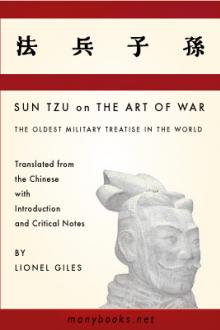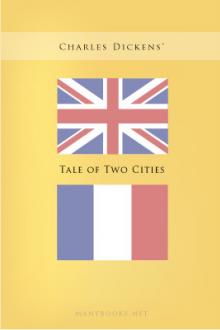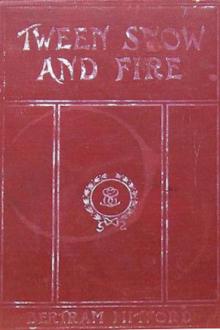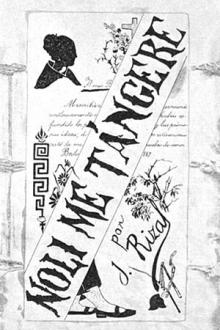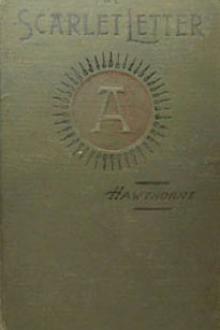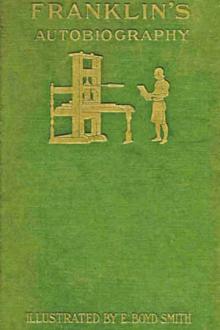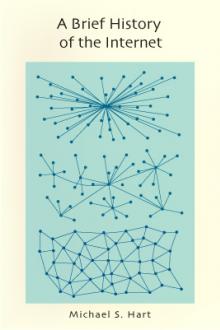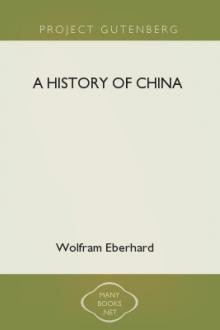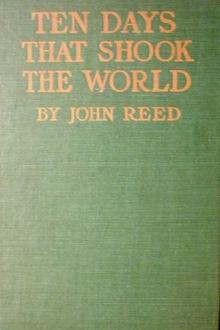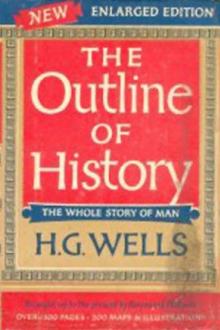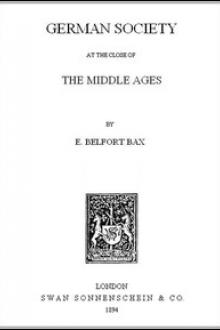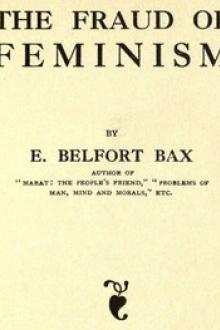German Culture Past and Present
German Culture Past and Present
The following pages aim at giving a general view of the social and intellectual life of Germany from the end of the mediæval period to modern times. In the earlier portion of the book, the first half of the sixteenth century in Germany is dealt with at much greater length and in greater detail than the later period, a sketch of which forms the subject of the last two chapters. The reason for this is to be found in the fact that while the roots of the later German character and culture are to be sought for in the life of this period, it is comparatively little known to the average educated English reader. In the early fifteenth century, during the Reformation era, German life and culture in its widest sense began to consolidate themselves, and at the same time to take on an originality which differentiated them from the general life and culture of Western Europe as it was during the Middle Ages.
Book Excerpt
ly led by the wealthier guildsmen not belonging to the aristocratic class, operated through the guilds and through the open assembly of the citizens. It had already frequently succeeded in establishing a representation of the general body of the guildsmen in a so-called Great Council (Grosser Rath), and in addition, as already said, in ousting the "honorables" from some of the public functions. Altogether the patrician party, though still powerful enough, was at the opening of the sixteenth century already on the decline, the wealthy and unprivileged opposition beginning in its turn to constitute itself into a quasi-aristocratic body as against the mass of the poorer citizens and those outside the pale of municipal rights. The latter class was now becoming an important and turbulent factor in the life of the larger cities. The craft-guilds, consisting of the body of non-patrician citizens, were naturally in general dominated by their most wealthy section.
We may here observe that the developme
FREE EBOOKS AND DEALS
(view all)Popular books in History
Readers reviews
0.0
LoginSign up
Be the first to review this book
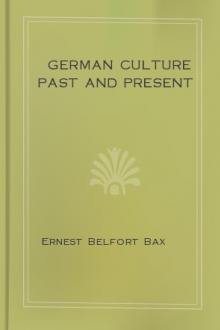
 Free Download
Free Download











